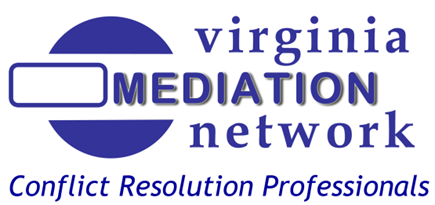The following post is authored by Catherine Reese of Reese Law (see below for Catherine's bio):
Once the thought of separation and divorce enters your mind, your second thought should be about process. It is never too soon for you and your spouse to seek information about options. When you understand your options, you are in a better position to make informed decisions about how to move forward.
You have researched and read about the Collaborative Process, and you understand that it benefits both parties and is a particularly beneficial process for the children of divorcing parents. You would like to engage in the Collaborative Process, but how do you get your spouse on board? Meet with a Collaborative attorney and ask for resources that you can share with your spouse. Think about what is important to them.
If your spouse values privacy, let them know that the Collaborative Process is private. Your confidential discussions during the Collaborative Process will be had in the comfort of your attorney’s office, and you will never step foot in a courtroom.
If your spouse is financially frugal, explain to them that the Collaborative Process is cost effective, and you will both have more control over your resources. Let them know that you have the option in the Collaborative Process to work with a Collaboratively trained financial neutral to put together your financial data and your financial picture, present and future, which facilitates the option generating work that we do. You also have the option of working with divorce coaches and child specialists to help develop your parenting plan. Working with these experts to accomplish these tasks, instead of having attorneys doing this work, saves money and also helps to move you to resolution more quickly. And, perhaps the most significant financial benefit of engaging in the Collaborative Process is that you will not pay the exorbitant cost of litigation.
If your spouse wants security and stability while working on a resolution, assure them that your Collaborative attorneys commit, as do the both of you, not to strategize against or take advantage of the other, but to be engage with integrity and respect and to share all information which is important to the Collaborative Process.
These are only some of the many benefits of the Collaborative Process that you can explain to your spouse to help them understand the value of using the Collaborative Process. If you would like to learn more about how to share the benefits of the Collaborative Process with your spouse, reach out to one of our Collaboratively trained attorneys, financial neutrals, or divorce coaches for more information.
About the author:
Catherine Reese focuses on the full spectrum of family law matters in Northern Virginia and Montgomery County, Maryland. She and her team have extensive experience in child custody and visitation, equitable distribution of assets, child and spousal support, and negotiation of prenuptial and marital agreements. Kate highly recommends mediation, arbitration and collaborative law. A Virginia Supreme Court Certified Family Law mediator, she makes it her duty to protect clients and negotiate the best outcomes. For more information, call 703.279.5140 or visit www.Reese.Law.
